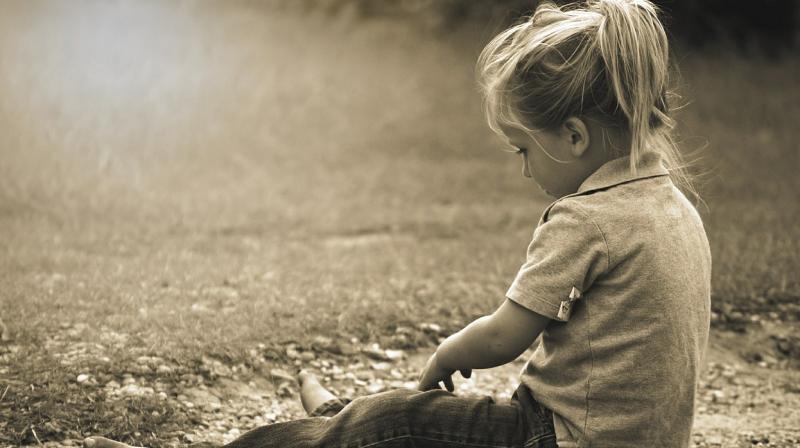Russians are less happy than before, according to recent survey
Job loss, wavering appreciation of democracy and open market economics are among key reasons

London: A quarter of a century after the collapse of the Soviet Union, life satisfaction in Russia and other ex-Soviet states remains stubbornly low, and enthusiasm for democracy and open market economics is wavering, a survey published on Tuesday showed.
The study found that only 15 percent of Russians think their households have a better quality of life, compared with 30 percent in 2010 when respondents were last asked, and only 9 percent see their finances as better than four years ago.
Just over half the respondents from former Soviet states also thought a return to a more authoritarian system would be a plus in some circumstances, the study by the European Bank for Reconstruction and Development (EBRD) and the World Bank said.
The EBRD, created 25 years ago to invest in former communist countries, questioned households across ex-Soviet bloc for more than a decade for its "Life in Transition" project, polling 51,000 households in 34 countries from Estonia to Mongolia.
They did find the "happiness gap" with Western Europe had narrowed, thanks to improvements in central Asia, the Baltic states and central Europe but also because of less satisfaction in parts of Europe, including Germany and Italy.
The findings resonated with increasing evidence this year, ranging from Britain's vote to quit the European Union and Donald Trump's U.S. election win, of dissatisfaction with some of the effects of globalization.
EBRD chief economist Sergei Guriev said the study also showed countries could only successfully transition from command economies to more open market systems if that process is "perceived by the public as being fair and of benefit to the majority".
"If the public does not see the benefits of the reforms, they will ultimately not be successful," he said.
Guriev said one of the biggest factors in people's lower life satisfaction was losing their jobs. Governments therefore needed to make sure workers learned new skills, he said.
He also said the survey showed people's appreciation of democracy and open market economics was wavering.
"Right now in most of our countries the majority doesn't seem to prefer democracy over authoritarian rule, whereas in Germany 80 percent do," Guriev told Reuters.
"That raises big, big questions. What has gone wrong and what should be done?"

